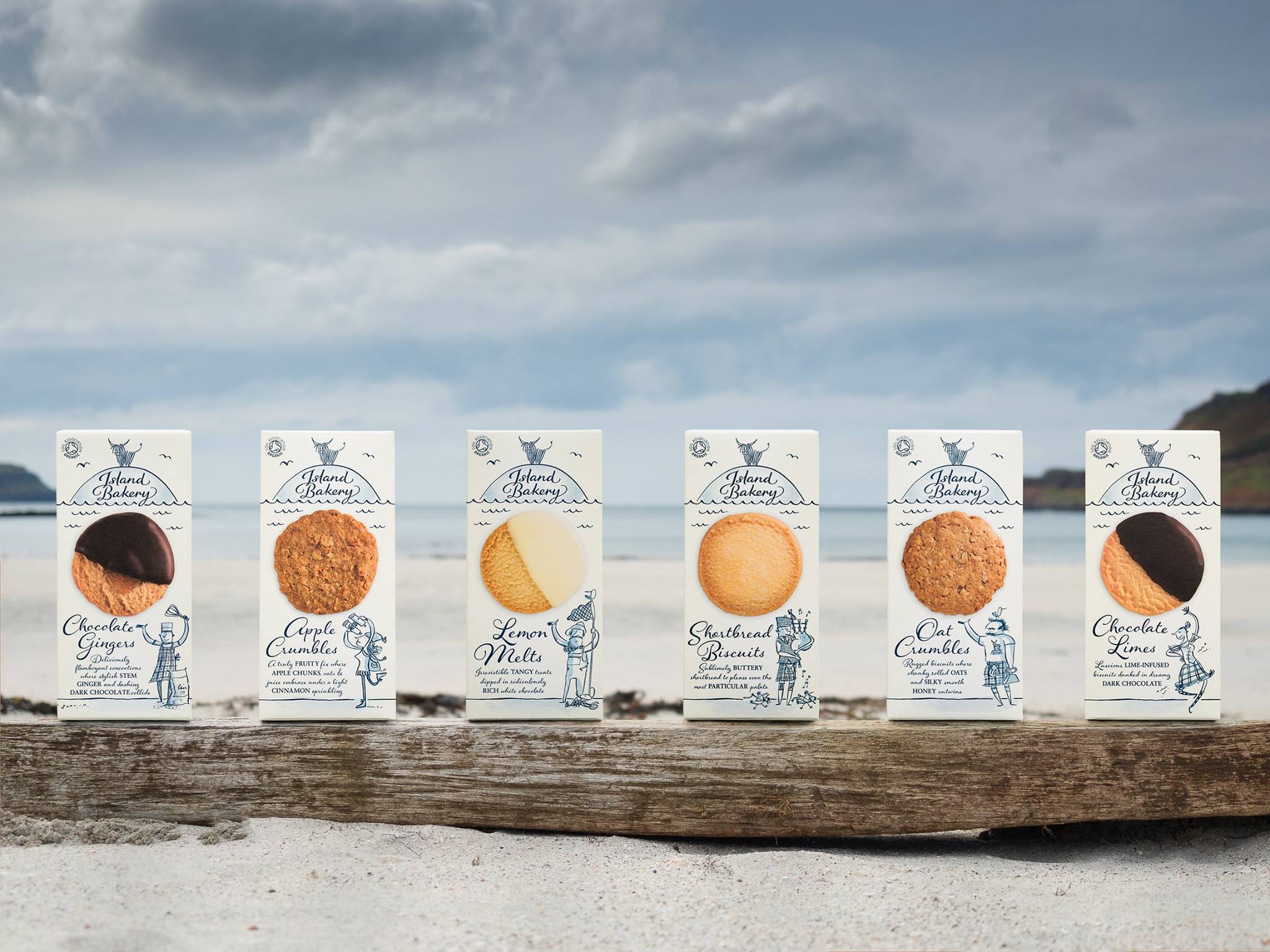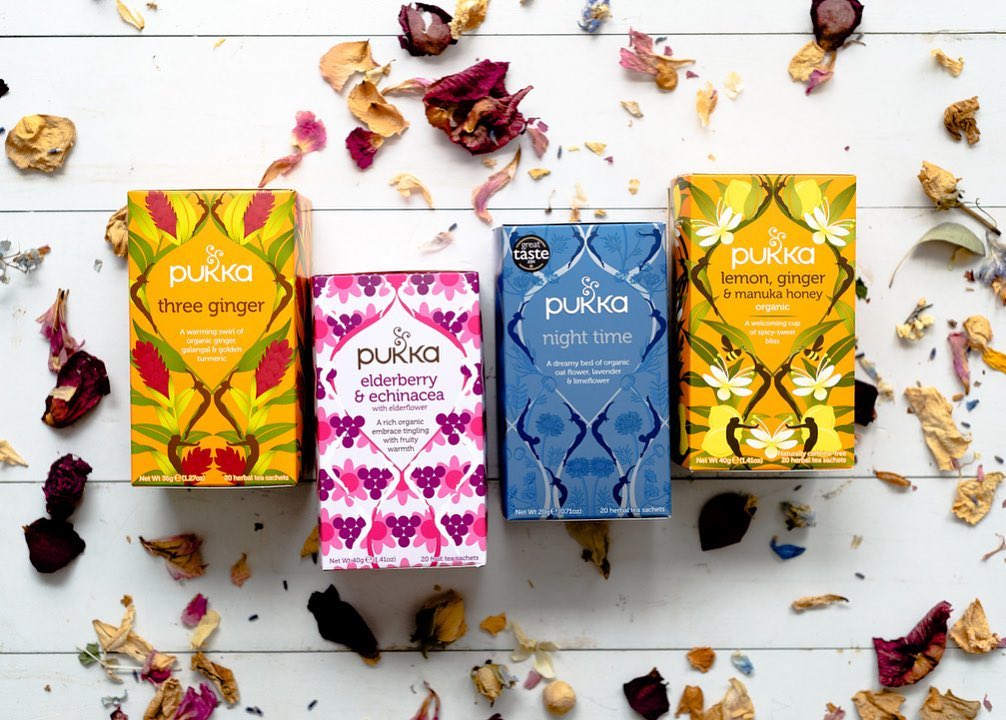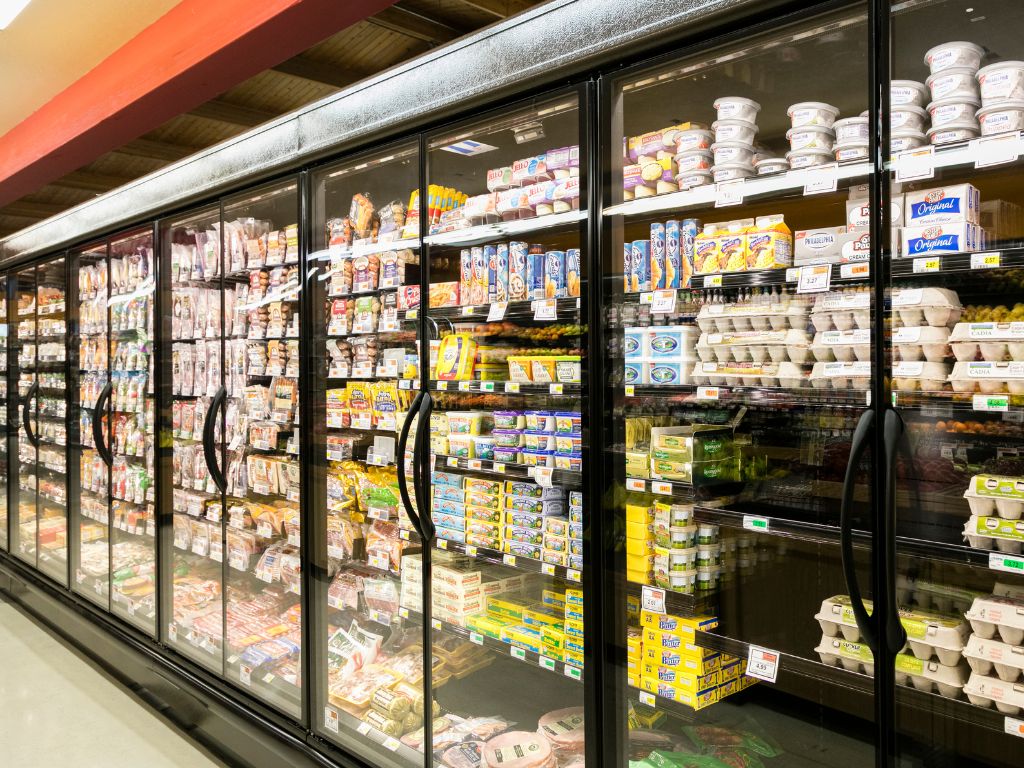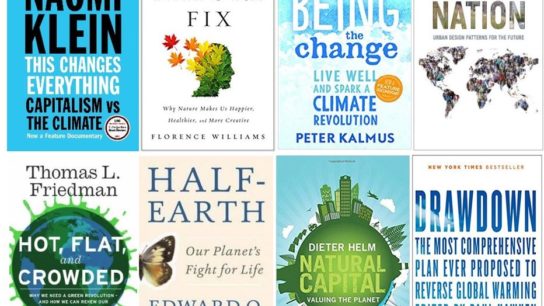Food waste has become one of the biggest environmental issues and contributors to greenhouse gas emissions – food in landfills releases a potent methane gas, and when combined with food production’s intensive water and energy usage, they all exacerbate the effects of climate change. Nowadays, food companies are under greater scrutiny to reduce not only their carbon footprint but their environmental impact across the entire supply chain. As such, sustainability is no longer just a trend, but a crucial value that an increasing number of companies have embedded into their practices and operations. From zero-waste food manufacturing facilities to 100% renewable power generation, here are 10 sustainable food companies that are leading the way and how they’re doing it.
—
10 Sustainable Food Companies to Support
1. Alara Wholefoods
The first cereal company to gain organic certification in 1988 and the first food company in the UK to reach zero waste in 2008, Alara has been trailblazer when it comes to sustainable food practices and manufacturing. Today, it remains committed to sustainability and is working with plastic-free and compostable packaging to help reduce its environmental impact. Aside from zero waste, Alara uses 100% electricity generated from renewable sources such as hydro, solar and wind energy, and offsets the carbon embedded in the food the company sells by collaborating with a charity called Rainforest Saver. The initiative works with indigenous farmers in sub-Saharan Africa, central and South America to introduce an agricultural system called Inga Alley Cropping, where each Inga planted over a 20 year lifespan will sequester half a ton of carbon.
2. Barnana
As the name suggests, Barnana is a sustainable food company that upcycles fresh bananas and plantains that would have otherwise been discarded due to its “imperfect” appearance. Organic banana farmers were losing 20% of their yield as a result of poor aesthetics, piling up significant food waste. Barnana purchases crops from smallholder and indigenous farmers at 30% above market prices to ensure fair wages, and turns the wasted bananas into crisps and other food products. The company is also supporting Indigenous farmers in expanding their regenerative agricultural practices, which can help improve soil health and water quality in the long run.
3. Good Catch (US)
From crab cakes and fish sticks to incredibly realistic fish fillets and salmon burgers, the secret of US-based food tech company Good Catch’s alternative seafood products lies in its flavourful six-legume blend of peas, chickpeas, lentils, soy, fava beans, and navy beans. “Foodservice is incredibly important to emerging plant-based brands because it serves as a trial driver for curious consumers. Without trial there is no adoption – and that trial is the single most important moment for any new product,” said Chris Kerr, founding board chair and co-founder at Gathered Foods, makers of Good Catch.
In 2021, the company secured USD$26 million in funding to further fuel its plant-based expansion into European and global markets and in 2022, including a deal with US-based Sprouts Farmers Market to launch their new breaded-product nationwide.
4. Clif Bar and Company
Clif Bar and Company offers a wide range and variety of protein and energy bars and drinks, while taking different measures to ensure their commitment to sustainability. This includes a traceability programme to make sure they know where ingredients are coming from, increasing organic and certified-sustainable purchases every year (currently 76% of all ingredients are organic or certified sustainable), diverting 90% of waste from landfills from its headquarters and bakeries, and aiming to achieve 100% on renewable energy to power its facilities. As it strives towards zero waste, Clif Bar is also working towards reducing its carbon footprint via emission offset with a partnership with American Forests. To date, the company has planted 150,000 trees in areas damaged by wildfires and areas contributing to watershed restoration.
5. Island Bakery
One of the leading sustainable food companies can be found on the rugged Isle of Mull in Scotland. Island Bakery is a proud purveyor of organic biscuits, in which all ingredients that are used are free from pesticides or artificial fertilisers and are fully traceable back to the producer. They also ensure milk is from cows that enjoy “the highest standards of animal welfare”. The company’s biscuit production is environmentally-sustainable too, where the factory building is powered 100% by local sources of renewable energy – a hydro-electric turbine on the neighbouring Tobermory river, and a single wind turbine set on a hill above the bakery. The food products are also baked using a sustainable fuel source, where ovens are heated using local wood chip from Mull’s timber plantations.

Photo: Island Bakery/Facebook.
You might also like: How Does Food Waste Affect the Environment
6. Lundberg Family Farms
Best known for its rice and rice products (think risotto and couscous), this family-owned-and-operated US company has made a commitment to sustainable and eco-friendly farming methods all the way back in 1937, where they pioneered many stewardship practices including flooding fields rather than burning them to break down rice stubble after harvest, thus providing cleaner air and habitat for millions of migrating waterfowl each winter. The Lundberg Family Farms also utilises cover and rotating crops, as well as other natural methods of pest control. 20% of its production is powered by solar energy. What’s more, the company has rescued more than 30,000 mallard duck eggs from fields ahead of harvest, which are then released back into the wild, making it one of the most sustainable food companies in the US.
7. Nature’s Path
Based in British Columbia in Canada, Nature’s Path is a producer of certified organic foods, best known (and popular) for its breakfast cereals and granola. Aside from its commitment to making healthy vegetarian and vegan food products, two of its three facilities have achieved Zero Waste Certification. The facilities have installed a rainwater harvesting system, meaning less water is used and wasted; an on-site composting facility; as well as a rooftop garden. Its organic farming method is also said to use 45% less energy than conventional farming practice. Another shining example of its dedication to sustainability is that the company provides employee grants for education, energy-efficiency and wellness activities; sponsors urban gardening and other environmental education programmes, as well as an annual USD$2 million donation worth of food to those in need.
8. NOW Foods
Another family-owned business joining the list of sustainable food companies is NOW Foods. Founded in 1968, the company has been providing quality foods and supplements for more than 40 years. Sustainable food sourcing is a core value for NOW, where they verify to use only palm oil derived from cultivations that are over 20 years old and krill oil is sourced from well-managed fisheries. NOW Foods has received the Illinois Governor’s Sustainability Award four times, in recognition of its water conservation projects that helped save more than 1.3 million gallons of water every year. The company also recycles more than 400 tons of material, while relying 100% of recycled materials for its shipping boxes – they use recyclable packaging materials when possible. Additionally, it also offers employee volunteer days at a local forest preserve.
9. Pukka
A familiar name for many tea lovers and drinkers, Pukka is a popular brand that offers a wealth of Fair Trade-certified teas to the masses. Sourcing only organic ingredients, this certified B Corporation has successfully gone carbon neutral in 2019 and remains committed to its sustainability efforts. Aside from making their packaging as sustainable as possible – from recyclable boxes to compostable tea bags – Pukka is engaged in a number of green initiatives to lower their carbon footprint. This includes providing support to farmers to implement best practice techniques through community fair premiums, and pilot projects and training, such as water efficient farming in India and rainwater harvesting in the UK.

Photo: Pukka/Facebook.
10. Bombay Sapphire
A popular gin brand in its own right, Bombay Sapphire has also helped lead the way in sustainable practices within the drinks and spirits industry. The company moved its operations to Laverstoke in the UK in 2014 where its distillery has since been certified as a green building and runs on 100% renewable electricity. For its gin products, Bombay Sapphire only selects the finest quality botanicals, in which all 10 botanical ingredients used across the brand’s collection will be certified sustainable in 2022.
You might also like: 6 Sustainable Food Packaging Companies to Support in 2022


















